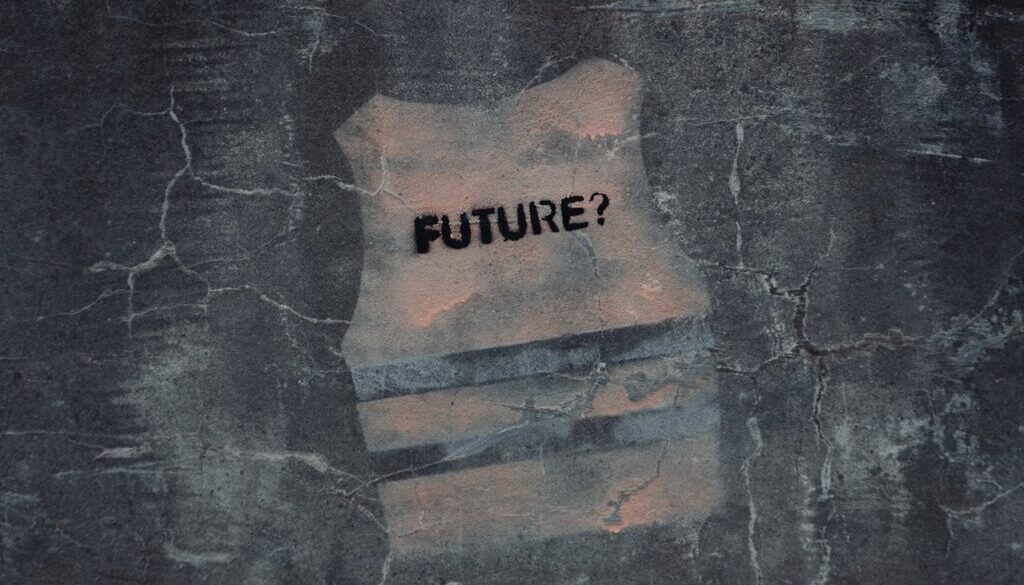Software engineering has come a long way since the days of punch cards and floppy disks. As we dive into the 2020s, the future of software engineering is shaping up to be both exciting and transformative. But what does that future look like? From AI-assisted coding to quantum computing, here’s everything you need to know about where software development is heading—and how to stay ahead. 🚀
📈 1. AI Is Changing the Way We Code
AI tools like GitHub Copilot, ChatGPT, and Replit’s Ghostwriter are no longer experiments—they’re productivity powerhouses. These tools can now:
- Suggest code in real-time 🧠
- Find bugs before they crash your app 🐞
- Help junior devs write like seniors 💡
🔧 Utilization Tip:
Use AI-powered IDE plugins to accelerate coding and reduce boilerplate work, but don’t rely on them for logic-heavy features or security-critical systems… yet.
💡 2. Low-Code & No-Code Platforms Are Going Mainstream
Platforms like Bubble, Webflow, and OutSystems allow users to build full-stack apps without writing much (or any) code. While they won’t replace traditional software engineering, they’re shifting the demand toward:
- Problem-solving over syntax
- System architecture over manual labor
Pros:
✅ Faster prototyping
✅ Enables non-developers
✅ Lower cost for MVPs
Cons:
❌ Limited customization
❌ Performance bottlenecks
❌ Vendor lock-in risks
🧬 3. Software Engineering Will Be More Specialized
Gone are the days when “software engineer” meant one-size-fits-all. The future will bring ultra-specialized roles, such as:
- AI Prompt Engineers 🤖
- Cloud Native Developers ☁️
- Blockchain Application Engineers 🔗
- Quantum Software Developers ⚛️
💼 Career Tip: Choose a niche based on emerging tech you’re passionate about and become a go-to expert.
🛠 4. DevOps and Platform Engineering Will Dominate
DevOps is maturing into platform engineering, where internal developer platforms (IDPs) help teams ship faster and more reliably.
📉 This shift will reduce:
- Manual CI/CD management
- Repetitive infrastructure setup
- Environment drift and deployment failures
🧪 Key Tools to Watch:
🌐 5. Remote & Asynchronous Work Is the Norm
COVID-19 accelerated remote work, but it’s here to stay in software engineering. Global collaboration will reshape team dynamics:
🌍 Distributed teams
🕒 Async communication
📊 Metrics-driven performance
Tip: Master tools like Notion, Slack, Linear, and Loom to stay relevant in remote-first workflows.
🧠 6. The Rise of Ethical Coding & Sustainable Tech
As tech impacts society more than ever, ethics in software is becoming a priority. Expect more roles and discussions around:
- Bias in algorithms
- Carbon emissions of code
- Privacy and surveillance tech
🌱 Companies will soon factor in the “carbon footprint of code“ and optimize software for energy efficiency.
🛡 7. Cybersecurity Will Be Built Into Every Layer
Software engineers will need a “security-first” mindset as attacks grow more sophisticated. Expect:
- Secure-by-default frameworks
- Mandatory security training for devs
- Shift-left security (security in dev stage)
🔒 Emerging Trends:
- SBOMs (Software Bill of Materials)
- Runtime application self-protection (RASP)
- AI-based anomaly detection
🧪 8. Quantum and Neuromorphic Computing (Long-Term)
This is the bleeding edge. Companies like Google, IBM, and Microsoft are investing heavily in quantum computing. Though still experimental, they may revolutionize:
- Drug discovery
- Cryptography
- Simulation-heavy tasks
🧠 Neuromorphic chips (brain-inspired) may one day power software that can learn and adapt in real-time.
⏳ Timeline: Expect mainstream quantum use post-2030—but learning early gives you a big edge.
🗺 Roadmap for Future-Ready Developers
Here’s how to prepare for the future of software engineering:
| Timeframe | Focus Area |
|---|---|
| Now | Learn AI coding tools (GitHub Copilot, ChatGPT) |
| 1 Year | Master cloud platforms (AWS, Azure, GCP) |
| 2 Years | Deepen skills in your niche (AI, blockchain, etc.) |
| 3 Years | Lead or build internal platforms, not just apps |
| 5+ Years | Explore quantum & ethical engineering |
👥 Notable Voices in the Space
Follow these innovators for cutting-edge insights:
- Andrej Karpathy – AI + engineering lead
- Kelsey Hightower – Cloud Native & Kubernetes evangelist
- Guido van Rossum – Creator of Python
- Cassie Kozyrkov – Chief Decision Scientist @ Google
🔮 Final Thoughts: A Human Future for Software Engineering
Despite automation and AI, the future of software engineering is still deeply human. Creativity, critical thinking, collaboration, and empathy are more valuable than ever.
Coding is no longer just about syntax. It’s about shaping how the world works. And that makes your role as a software engineer more important—and exciting—than ever.



































